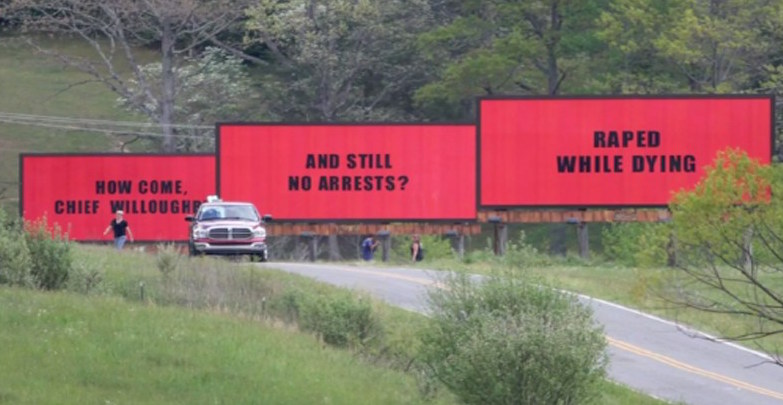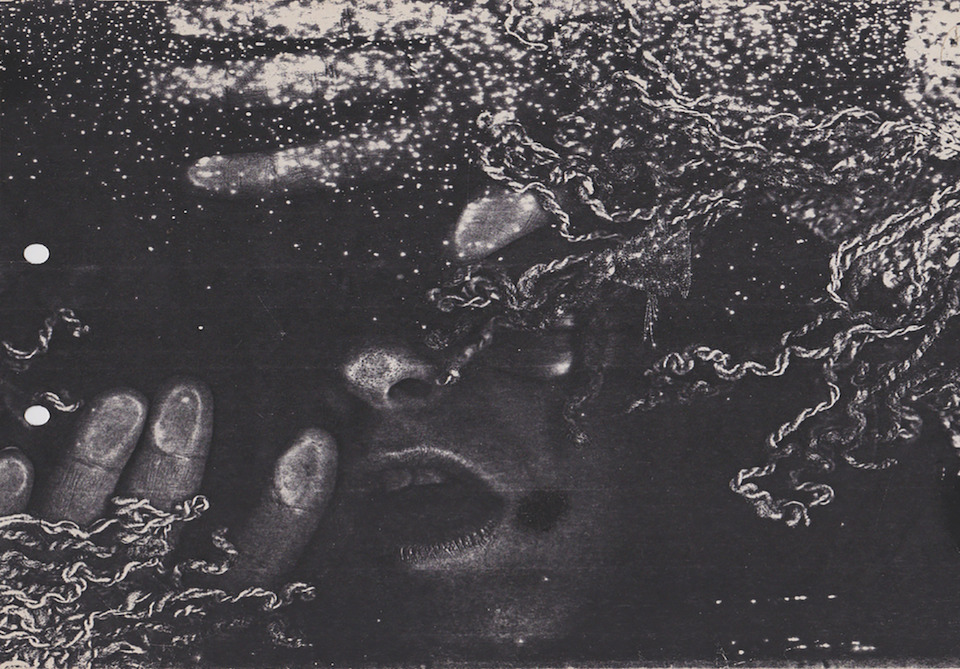 An infernal rage seeps through the town of Ebbing, Missouri. The police torture people of colour and throw white men out of windows. A troubled parent commits suicide, a dentist is bored with his own tools, and a bar fight breaks out between a discharged cop and a rapist. The local police station is torched, and so was the daughter of Mildred Hayes. But she wasn’t just killed.
An infernal rage seeps through the town of Ebbing, Missouri. The police torture people of colour and throw white men out of windows. A troubled parent commits suicide, a dentist is bored with his own tools, and a bar fight breaks out between a discharged cop and a rapist. The local police station is torched, and so was the daughter of Mildred Hayes. But she wasn’t just killed.
“Raped while dying”
Such is the chaos that permeates Three Billboards Outside Ebbing, Missouri, that when Hayes (Frances McDormand), the film’s stone-cold protagonist, puts up three billboards humiliating the Ebbing police department seven months after her daughter’s death, it unleashes a fury.
“The police department is too busy torturing black folks to solve any crimes,” she tells a local newscast as she poses in front of the blood-red billboards with her arms behind her back. At home, faces scrunch up – the cops watching television turn it off. Something must be done.
“And still no arrests?”
Before long, the focus of everyone’s attention shifts from the murder to Hayes’ billboards. She’s turned police chief Willoughby (Woody Harrelson), the Ebbing police department, her son, and just about everyone else in town against her. “Anger begets greater anger,” her ex-husband lectures her at a restaurant. Tensions escalate; violence ensues. Hayes is harassed by teenagers, her friend is arrested, the billboards are set on fire. In the meantime, her daughter’s case remains unsolved.
“How come, Chief Willoughby?”
Sold as a comedy-infused socially-conscious murder mystery, Three Billboards spreads itself too thin in nearly every sense. Hayes turns out to be the only fully-developed character in the film; the rest are either props that quickly fizzle out or undergo unlikely transformations. The movie’s racial commentary turns out to be flat: a black interim police chief (the only major black character) joins Ebbing PD only to serve as a catalyst for a racist officer’s transformation. And that doesn’t happen until he is convinced to try love, not hate, by another white cop. “It’s one of those movies that really do think they’re saying something profound about human nature and injustice,” writes Wesley Morris in the New York Times. It’s true. Three Billboards sets us up with grand expectations only to meet them halfway. What we’re left with is a new, trendy form of public protest, and Hayes’s lingering sourness.
3/5 stars





